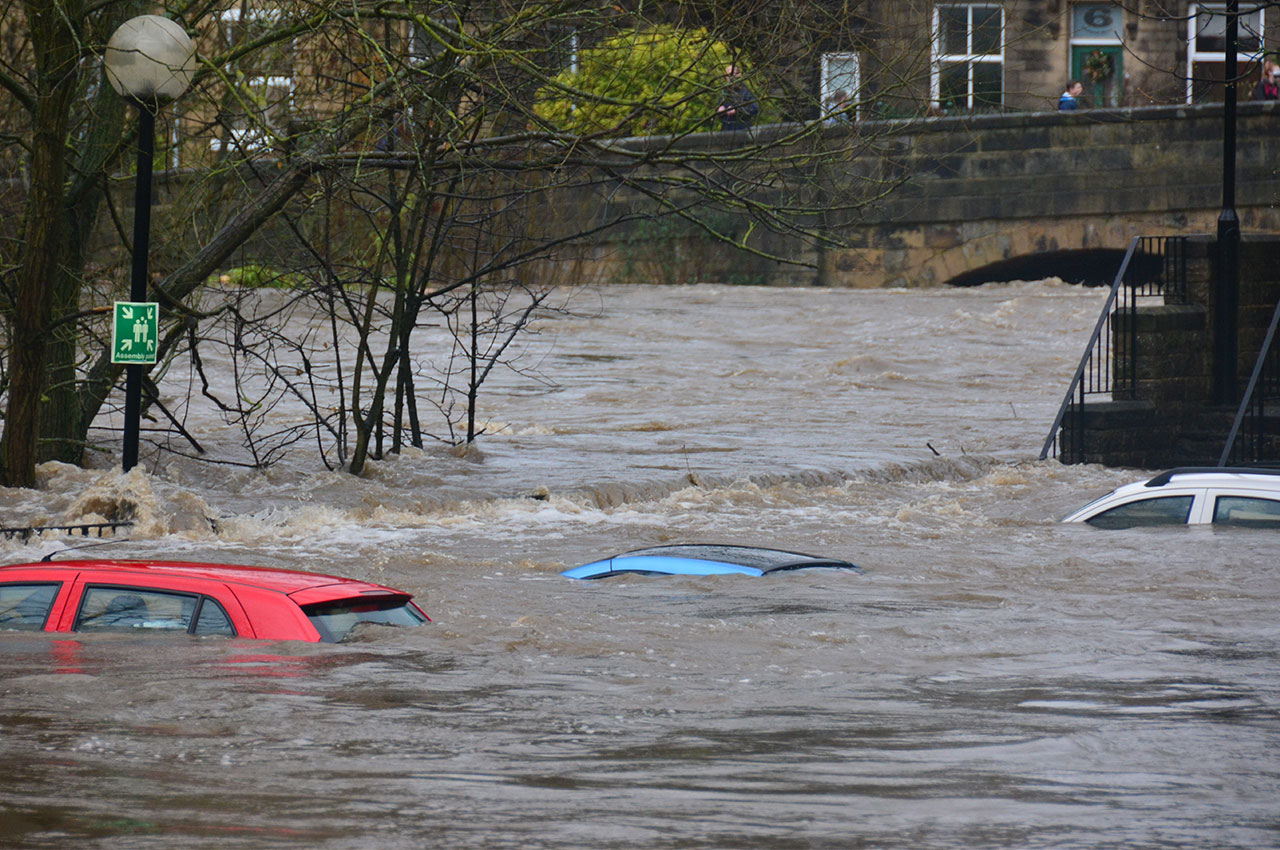5 Considerations for Obtaining Flood Insurance
Floods can happen anywhere, damaging numerous homes or businesses. Just one inch of floodwater can destroy a property within seconds. Everything from the buildings, flooring, furniture, carpet, and priceless belongings and documents, can be ruined.
Many assume that a mop or wet-vac can solve a minor flood quickly. The truth, however, is more serious. Standing water leads to mold growth and damage to the home’s foundation. Water damage to drywall and structurally essential parts of a building is a significant concern as it compromises its structural integrity.
Whether your home or business experiences a major flood or a few inches of water, you should consider flood insurance to protect the life and legacy you’ve built.
Is Flood Insurance Required?
Depending on where you live or own a business, you may be required to purchase flood insurance by your mortgage lender, especially if you are located in high-risk areas. Flooding can be caused by seasonal runoff, heavy rains, overflowing rivers, hurricanes, tropical storms, plumbing or roofing problems, and more.
Not all properties are at high-risk but can still experience flooding. According to the Federal Emergency Management Agency (FEMA) more than 40 percent of flood claims happen in low to moderate risk regions across the United States. Even if you are not required to purchase it, it’s still a good idea to protect your property and personal belongings.
Who Can Purchase Flood Insurance?
Flood insurance can be purchased by homeowners, renters, and business owners to protect their belongings, homes, and businesses. Landlords can buy separate flood insurance policies to help protect their properties. To purchase a flood policy, these individuals generally need to live in communities that participate in the National Flood Insurance Program, managed by FEMA.
What is Covered Under Flood Insurance?
Typically, flood insurance is a separate policy designed to help protect your home and belongings if damaged in a minor or major flood. Flood insurance offers two types of coverage:
- Building Property Coverage helps pay to repair your home’s physical structure and its foundation and components such as siding, interior walls, floors, and plumbing and electrical materials if damaged by floodwater.
- Personal Contents Coverage helps pay to repair or replace your belongings, such as clothing, furniture, and electronics.
The maximum amount of coverage provided by flood insurance is $250,000 for a home and $100,000 for its contents. Excess flood insurance can be purchased for the additional coverage you need.
How Do You Purchase Flood Insurance?
To purchase flood insurance, all you need to do is contact your insurance company or agent, such as Schechner Lifson. It is essential to plan when purchasing flood insurance, as there is typically a 30-day waiting period for a National Flood Insurance Program policy to go into effect. However, sometimes plans can move faster if the coverages are related to a community flood map change or are required by a federally backed lender.
What’s Not Covered Under Flood Insurance?
While it’s important to know what flood insurance covers, it is equally important to understand what it doesn’t cover. The following are types of property and expenses outside the scope of flood insurance.
- Outdoor property such as fences, patios, decks, wells and septic systems, pools, and landscaping
- Cars and other self-propelled vehicles
- Precious metals and paper valuables, currency, and stock certificates
- Below ground rooms including crawl spaces and basements, and their contents
- Moisture or mold/mildew damage
Ready to Purchase Flood Insurance?
Protect your home and personal property against loss caused by flooding. Schechner Lifson can help you learn more about flood insurance and why you should purchase a policy. Contact our trusted Personal Insurance Team today.



